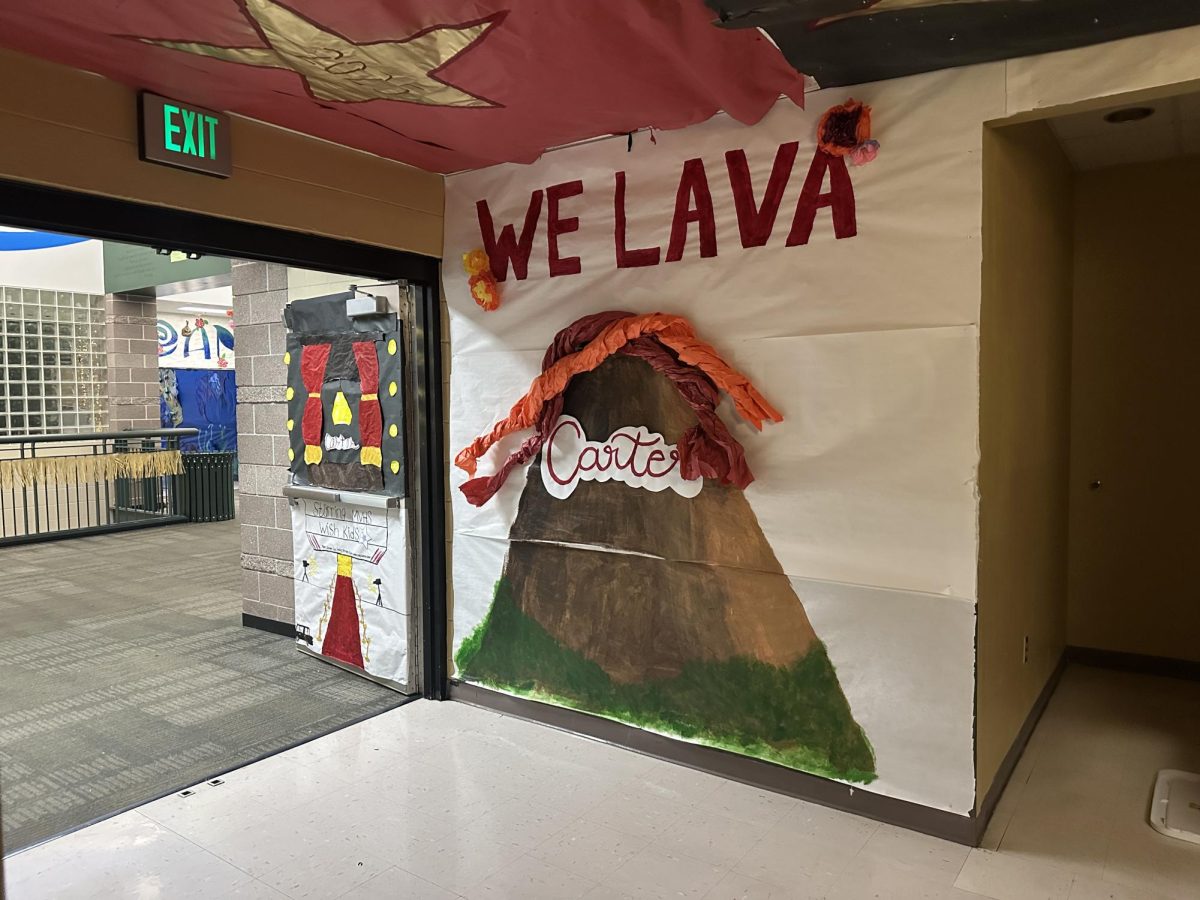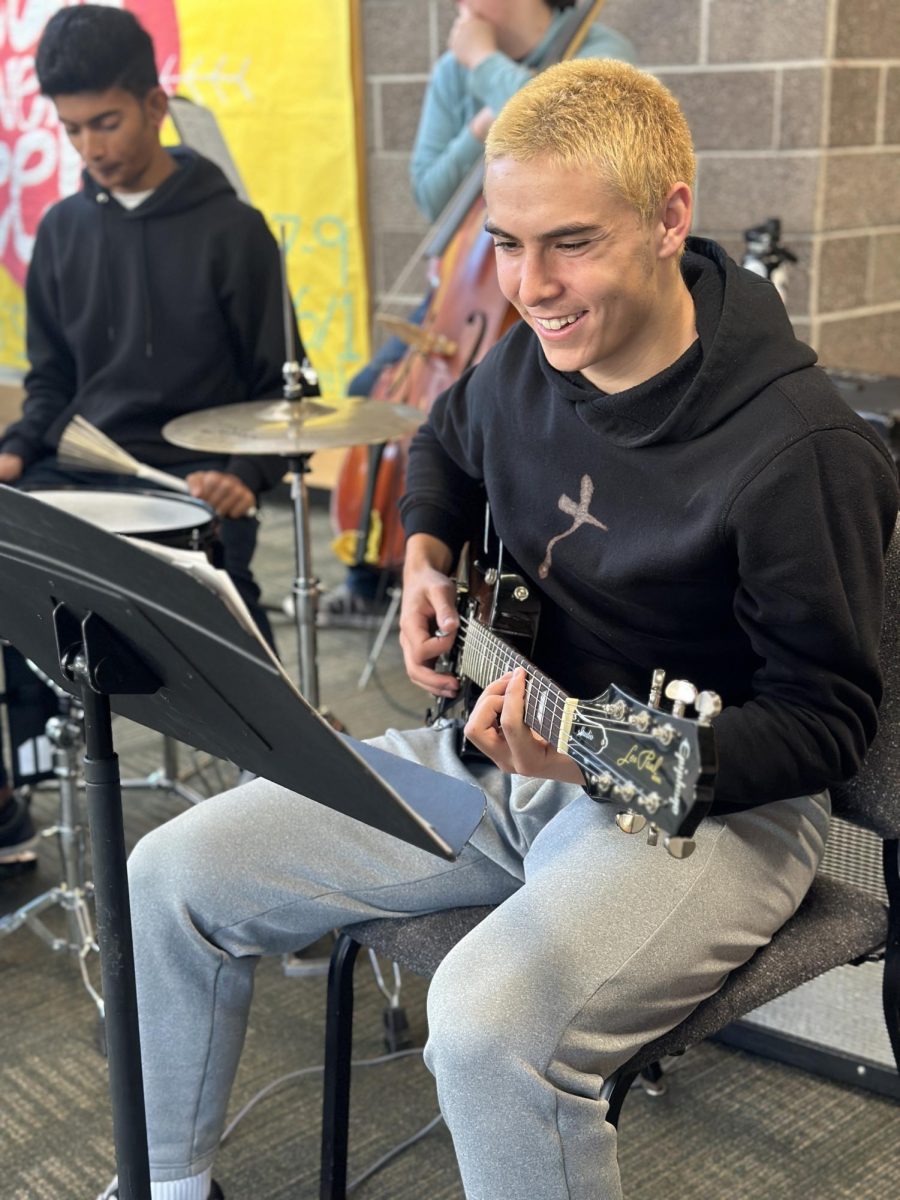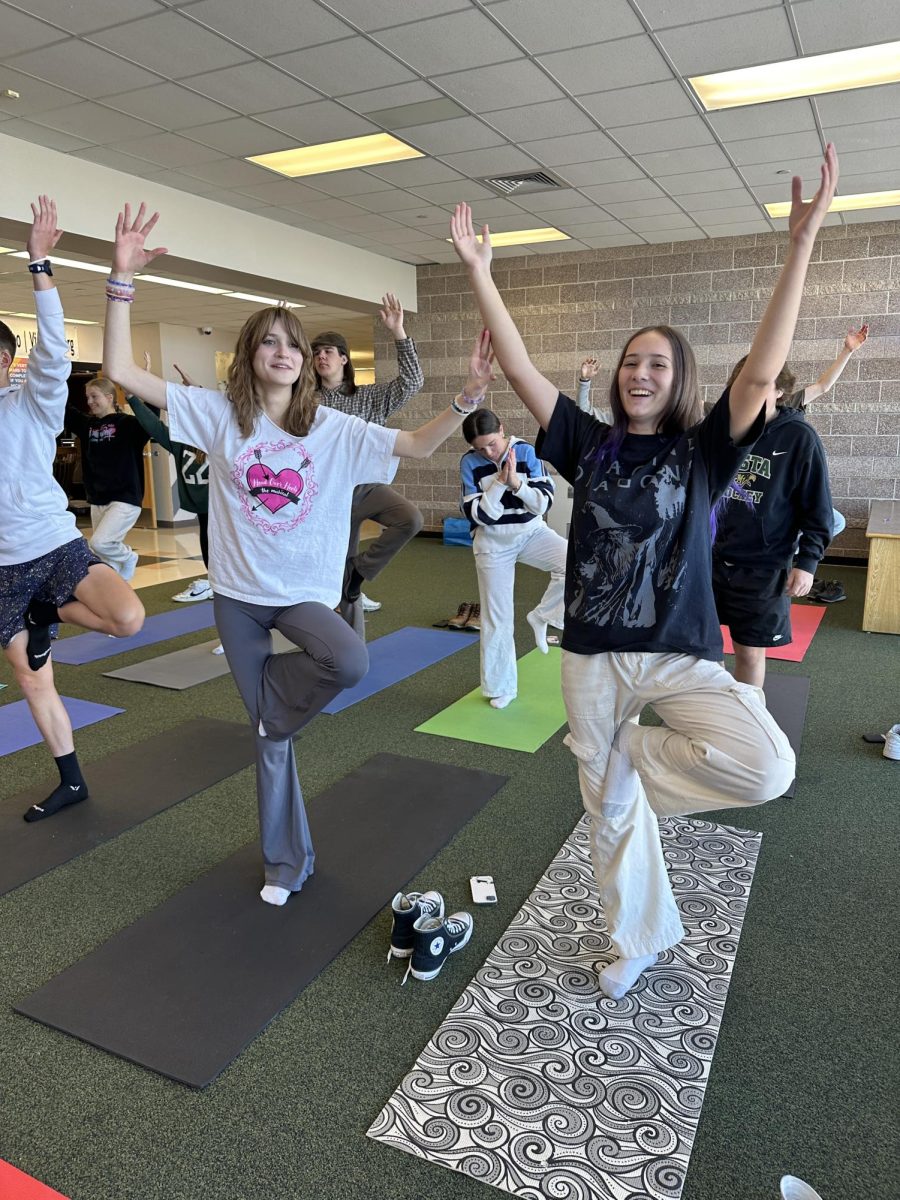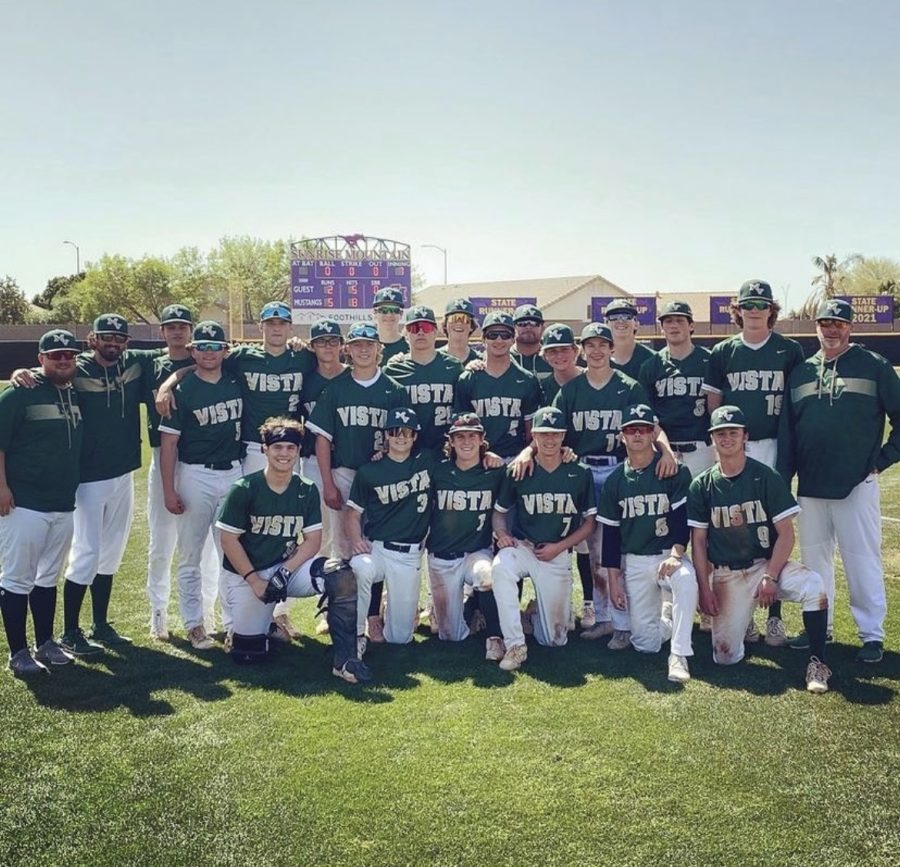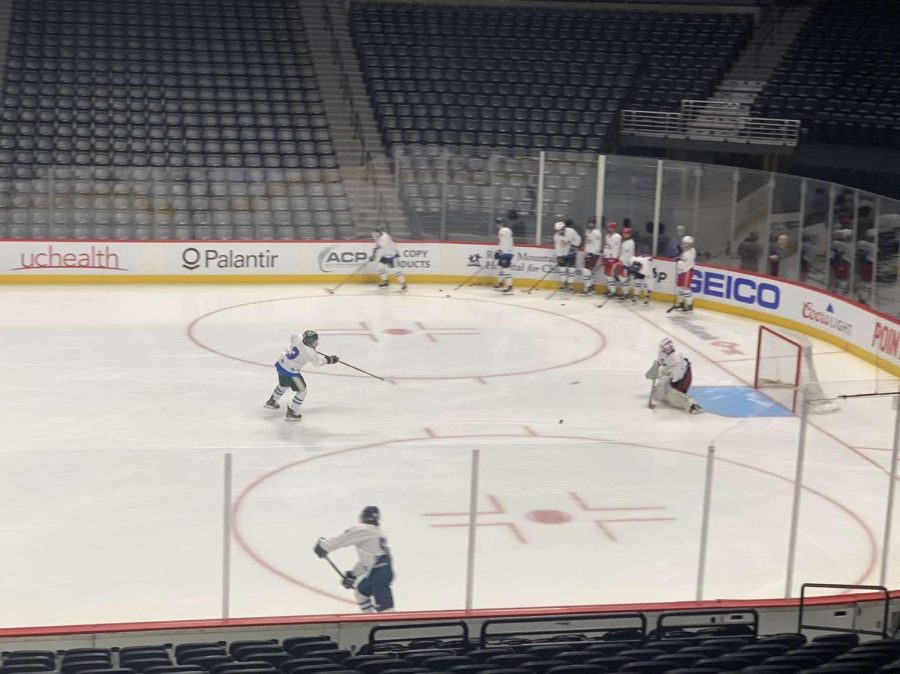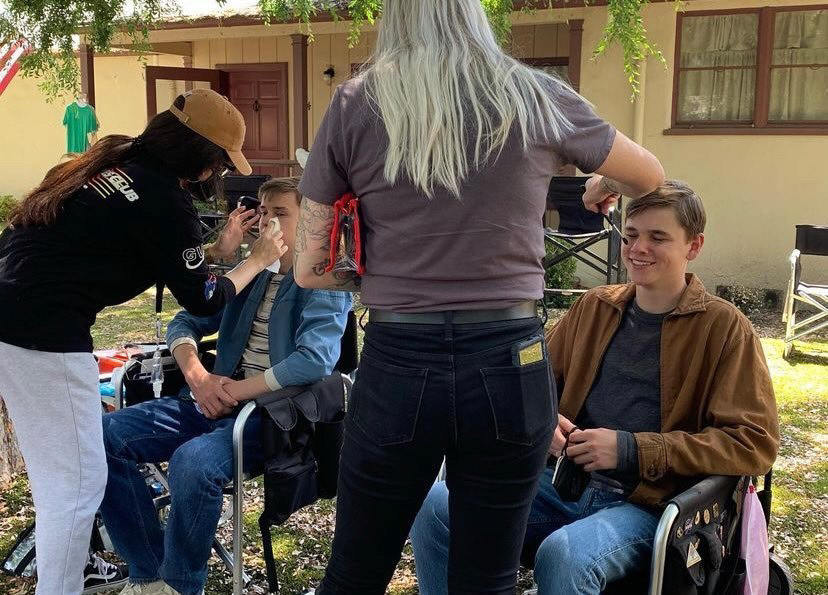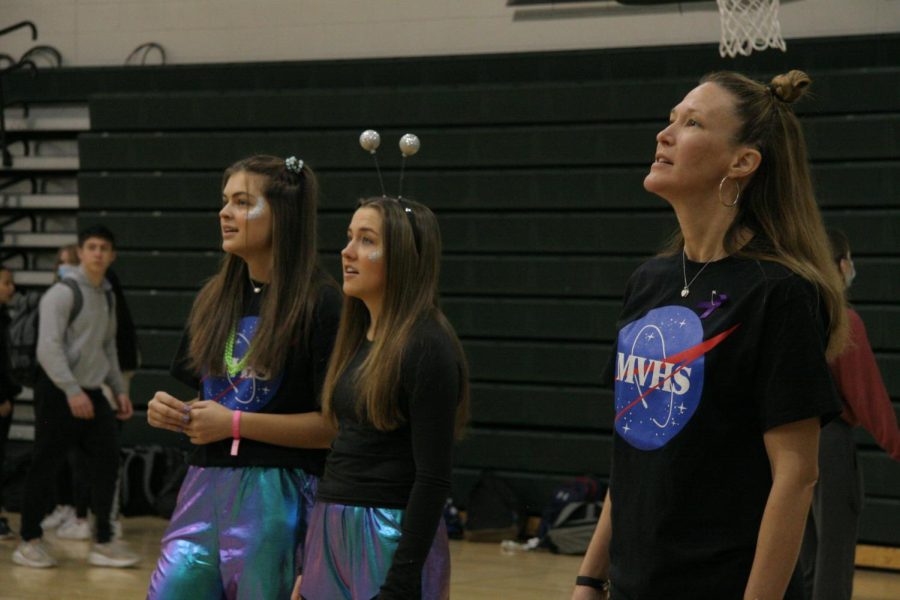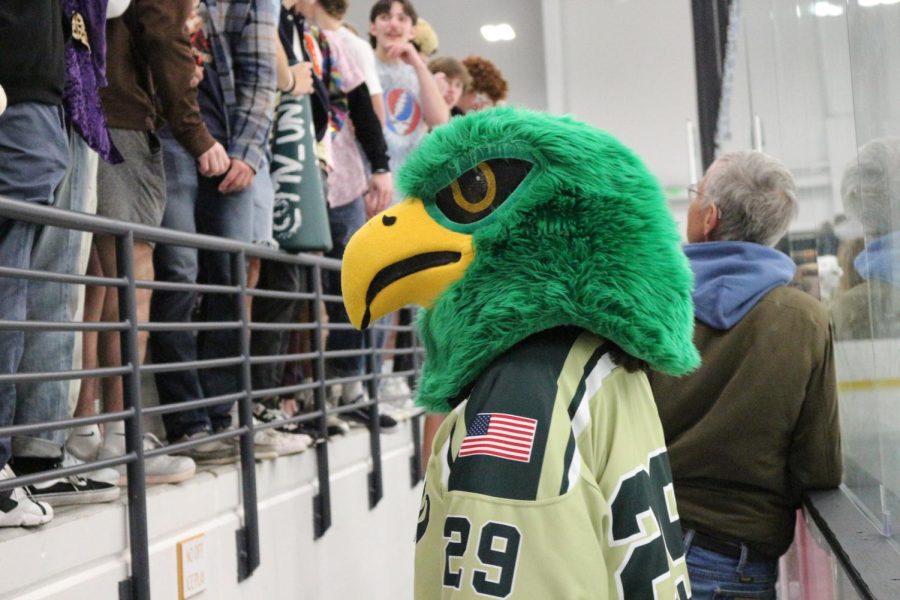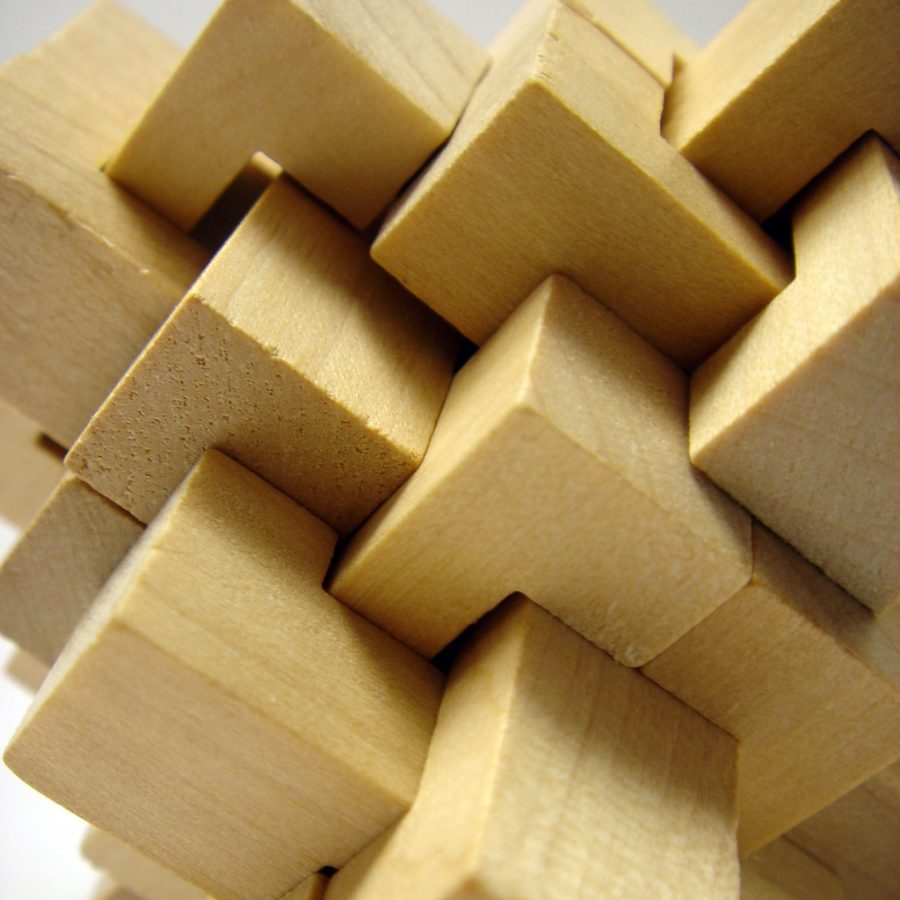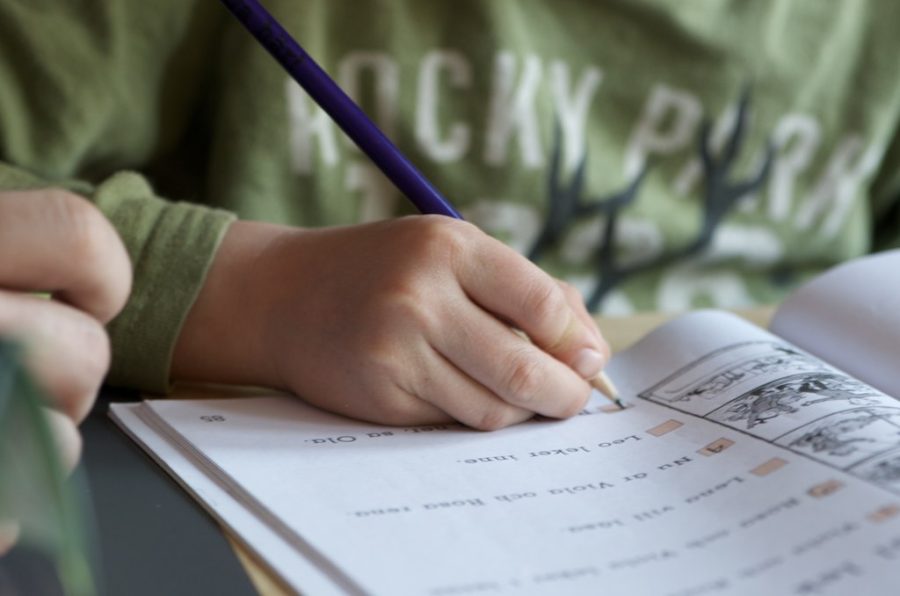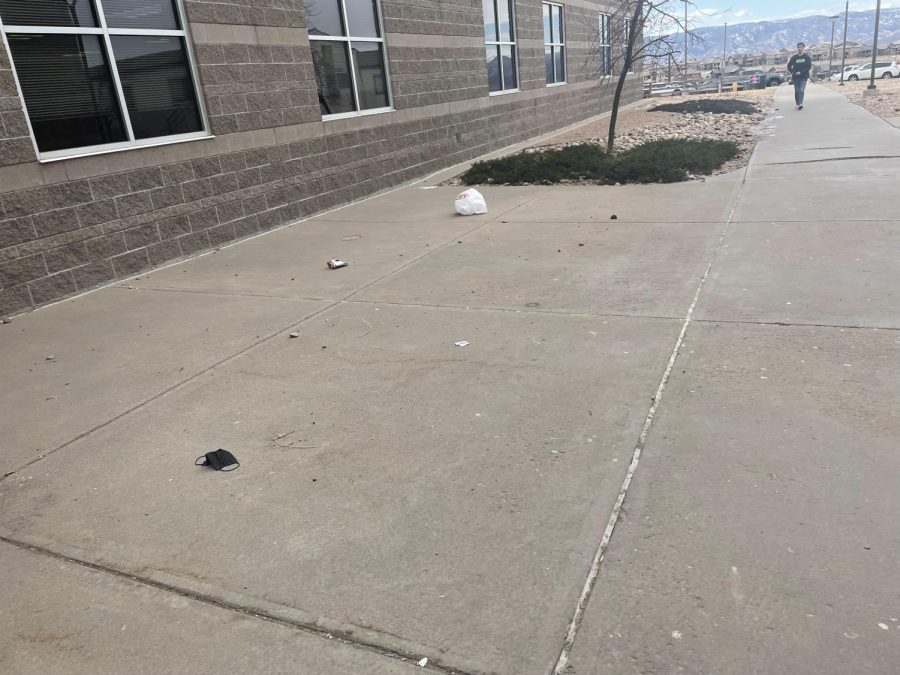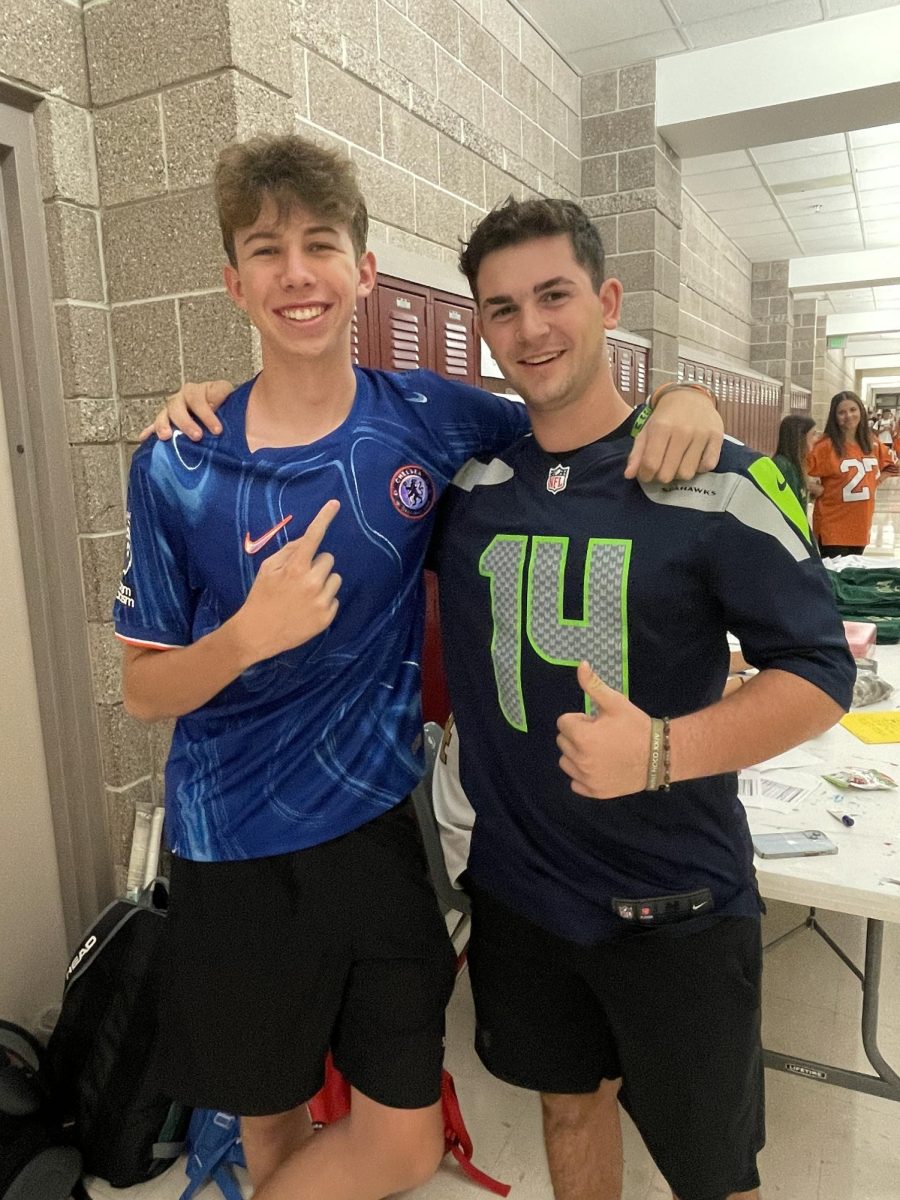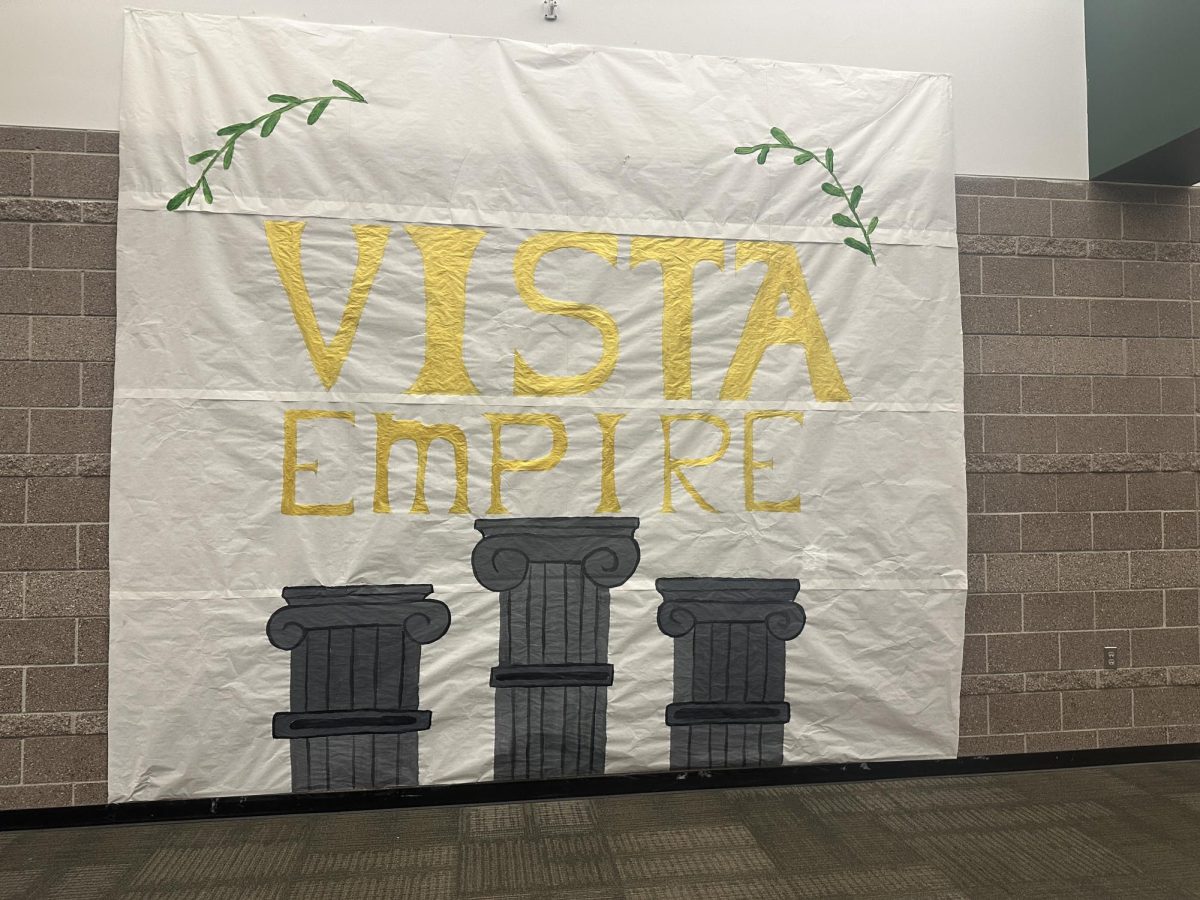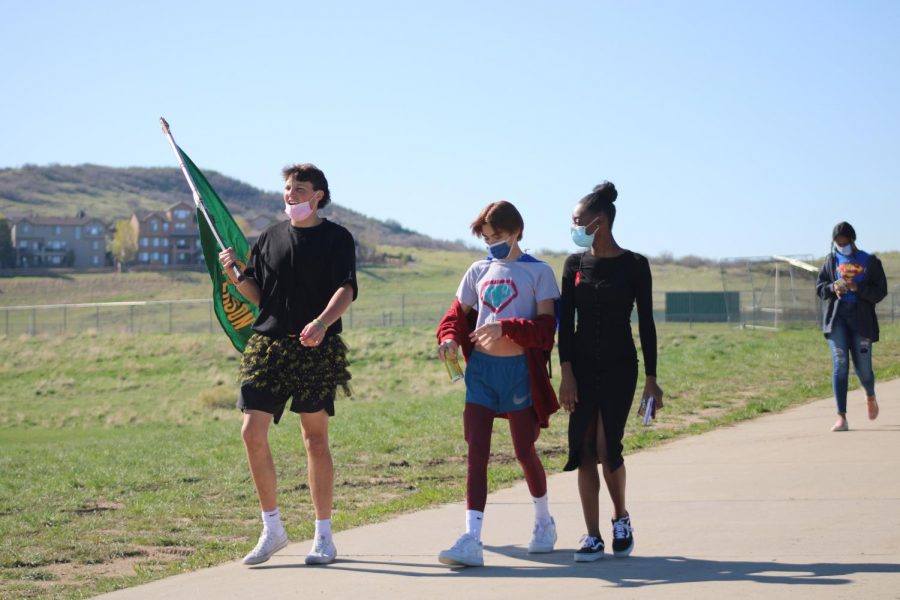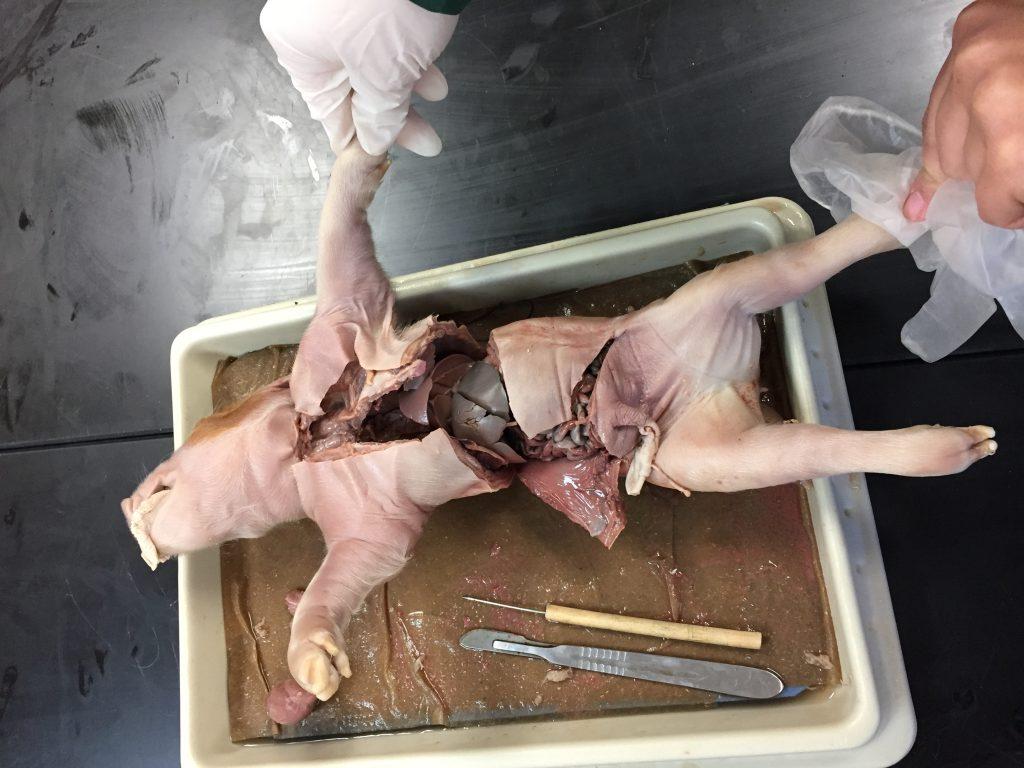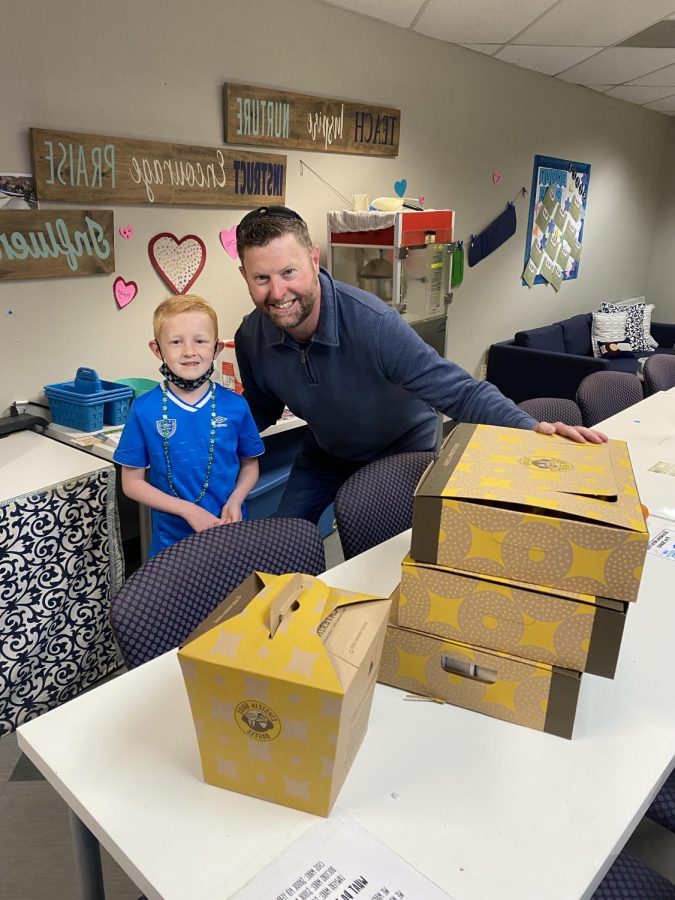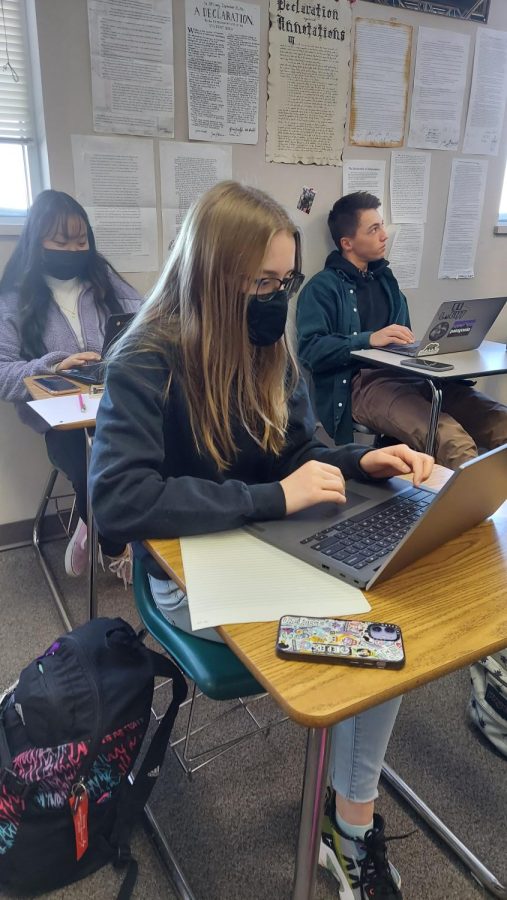Once a year at Vista, the smell of formaldehyde lingers around science classrooms; this smell indicates that it is Pig Dissection Week. For some, this is exciting, but for others, it is absolutely horrific.
I never realized how much I loved animals until I saw an unborn pig cut open in front of me. That is an image I can not seem to erase from my mind. It affected me so much that after the dissection my sophomore year in Honors Biology, I cut meat from my diet.
The dissection itself was not even the part that bothered me the most; it was how students treated the animals. To start, every group was told to name the pig. In my eyes, this officially meant the pig was someone. My science experiment had a name and when we began the experiment, it just felt wrong.
When the class completed the set of experiments each day, we were told to wrap our pig in a plastic bag and set it on the back counter. As I looked around, I noticed, students were not just simply setting their pig on the counter; they were throwing it as if they could care less about this experiment and had no respect for the animal.
By the end of Dissection Week, the only things I learned that is still relevant today is why I am never eating meat again. Other students agree:
“Most of the time, only one or two students do the work because the others are too grossed out or afraid,” junior Brianna Rist said. “So it is pointless in the end.”
Some students disagree:
“I think we should keep doing it because it can help people realize what they want to do for a career,” junior Zoe Snow said. “I wanted to be a surgeon, but after that I decided it wasn’t for me.”
I understand that some students have a real passion for this, and that is great for them, but from what I have noticed, it is not beneficial to have all biology classes partake in this. If students want to dissect in experiments, they can sign up for Aquatic Biology or other science classes.
“I think it is a very cool thing to offer, but it is very forced,” freshman Leksi Schuchman said. “Some teachers got mad when students asked to leave the room, or if they did not participate enough.”
An opting-out process should be available to kids who are not comfortable with the experiment. Virtual dissections or other supplementary activities can act as substitute.
Science is an important part of a person’s understanding of the world around them. Learning about this should be enjoyable and memorable, not torturous.



